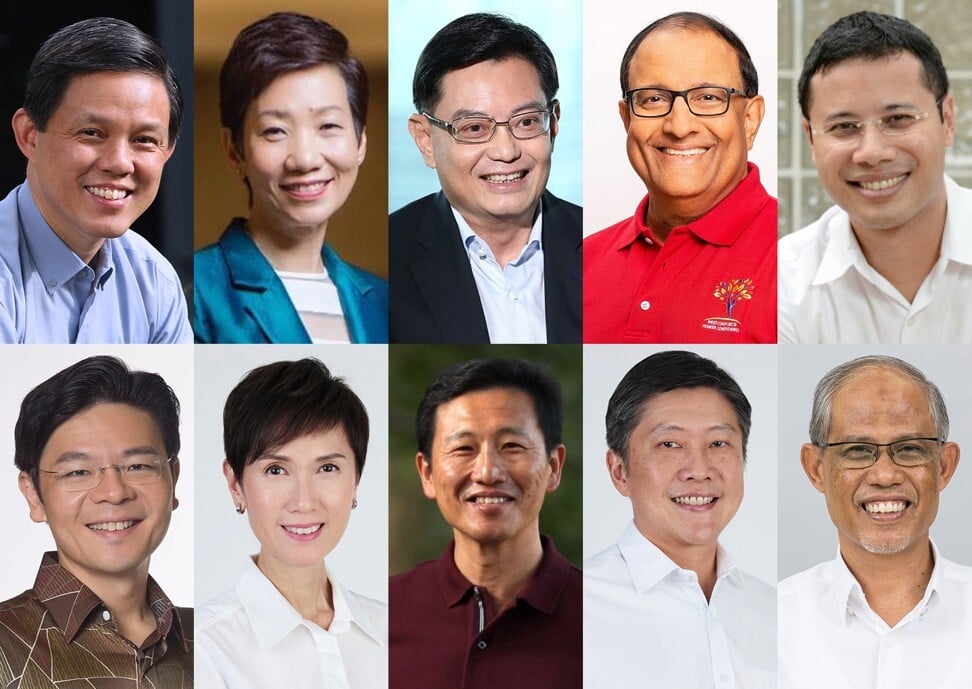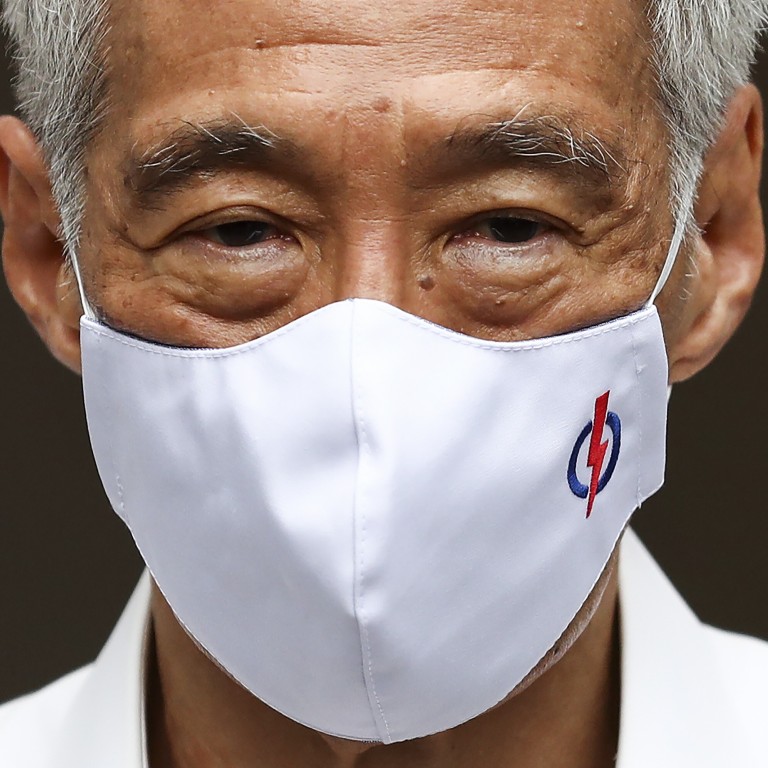
Explainer | Singapore election: the present and future of the People’s Action Party
- Pundits are all but certain that Prime Minister Lee Hsien Loong’s PAP will retain power easily after 61 uninterrupted years in power
- Here are some of the important figures running for office on July 10, from future leaders such as Lee’s designated successor Heng Swee Keat to old hands
The party has won every election since 1959, when Singapore first gained self rule from Britain.
From 1968, three years after the country became an independent republic, the PAP has enjoyed an uninterrupted legislative supermajority.
Singapore election: the parties taking on the PAP on July 10
Lee and other leaders have dismissed punditry that the vote will be a cakewalk due to voters’ flight to safety amid the coronavirus pandemic.
“The July 10 polls are not about the PAP doing a little bit better or a little bit worse,” Lee was quoted as saying on Tuesday. “This election will decide if Singapore can sustain a good and stable government, to be different from other countries for a long time to come.”
The party is fielding 27 new candidates and replacing 20 current MPs including former prime minister Goh Chok Tong.
Lee, his designated successor Heng Swee Keat and the younger so-called 4G or fourth generation ministers are fronting the party’s effort to win its 13th consecutive general election. These are some of the key players in the PAP:
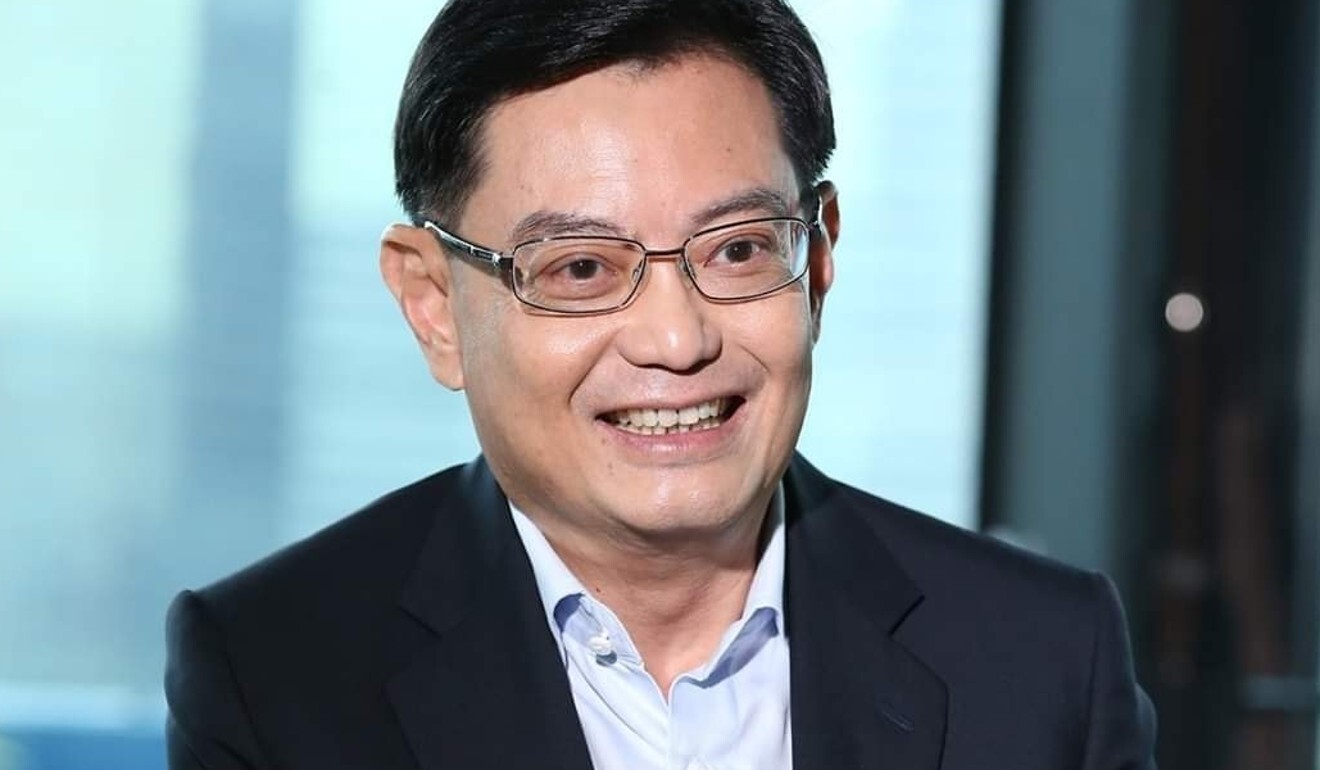
THE PRIME MINISTER AND THE LEADER-IN-WAITING
Lee is contesting his ninth general election, and his fourth as the PAP’s leader. Asked about his expected vote share for the party in this year’s election – given the crushing 69.9 per cent of votes it won in 2015 – Lee offered the answer of a consummate election veteran, saying he never went into elections with a “numerical target”.
“We go in, we give it our all, we fight for every vote and when you open the ballot boxes you will know how the voters have decided,” Lee said after filing his candidacy papers.
While the spotlight in recent days has been on his bitter dispute with his brother Lee Hsien Yang, the prime minister sought in his public comments to emphasise that he is unperturbed by his estranged sibling’s foray into opposition politics.
Lee said his younger brother – campaigning for the Progress Singapore Party but not contesting the polls – was entitled to his views like everyone else who was sharing their opinion online.
Singapore’s 13th general election: what’s at stake in July 10 polls?
But “the public will assess which ones are worth listening to, which ones make sense,” he said.
The prime minister is contesting the five-person group representation constituency (GRC) of Ang Mo Kio, facing off against the tiny Reform Party. In 2015, his team won 78.6 per cent of votes in the district.
Across the city state, all eyes will be on how prime minister-in-waiting Heng fares in his new constituency, the five-seat East Coast GRC.
The deputy prime minister said he moved to the district from his seat in Tampines GRC as there was a “succession gap” in the district due to the retirement of PAP stalwart Lim Swee Say.
In a commentary on Wednesday, political observer P.N. Balji suggested Heng had made the move to show “he was a path-breaker as no other prime minister has moved to another constituency in Singapore’s electoral history”.
Heng and his team will face off against a Workers’ Party line-up. Of the GRCs the PAP won in 2015, it fared the worst in East Coast with a vote share of 60.7 per cent against the Workers’ Party’s 39.3 per cent.
This time around, the opposition group is fielding a completely different team, with the heavyweights from its previous slate, Leon Perera and Gerald Giam, moved to the Aljunied GRC where the party is the incumbent.
THE ‘4G-16’
With the PAP likely to return to power, this year’s election has been characterised as a referendum of sorts on Heng and the 15 other younger ministers who make up the PAP’s 4G leadership.
The team will helm key ministries after the election, and Heng, 59, is expected to succeed 68-year-old Lee, who had previously indicated he would step down by the time he turned 70.
In keeping with the party tradition of leaders being picked by their contemporaries, the 4G team chose Heng in 2018 after an internal contest.
Heng, who is also finance minister, is the oldest in the group while 43-year-old Desmond Lee, the Minister for Social and Family Development, is the youngest.
Singapore election: PAP to campaign on bread-and-butter issues, PM Lee says
Among the key personalities in the group are Trade and Industry Minister Chan Chun Sing, 50, seen as the country’s likely No 2 leader once Heng becomes prime minister; National Development Minister Lawrence Wong, 47, and Education Minister Ong Ye Kung, 50.
Ng Chee Meng, 51, the head of the PAP-aligned trade union umbrella network NTUC, and Environment and Water Resources Minister Masagos Zulkifli, 57, are also among the group’s more senior members.
There are four women in the group: Manpower Minister Josephine Teo, 51; Grace Fu, 56, the Minister for Culture, Community and Youth; Indranee Rajah, 57, Minister in the Prime Minister’s Office; and Sim Ann, 45, senior minister of state in Fu’s ministry.
Information Minister S. Iswaran, 58, is the political veteran of the 4G team – he entered politics in 1997, while the rest of the team joined the PAP in the 2000s.
Prime Minister Lee on Tuesday said the group had proven themselves during the coronavirus pandemic. “I would say that in handling Covid-19, the 4G leaders have done very well,” Lee was quoted as saying by The Straits Times.
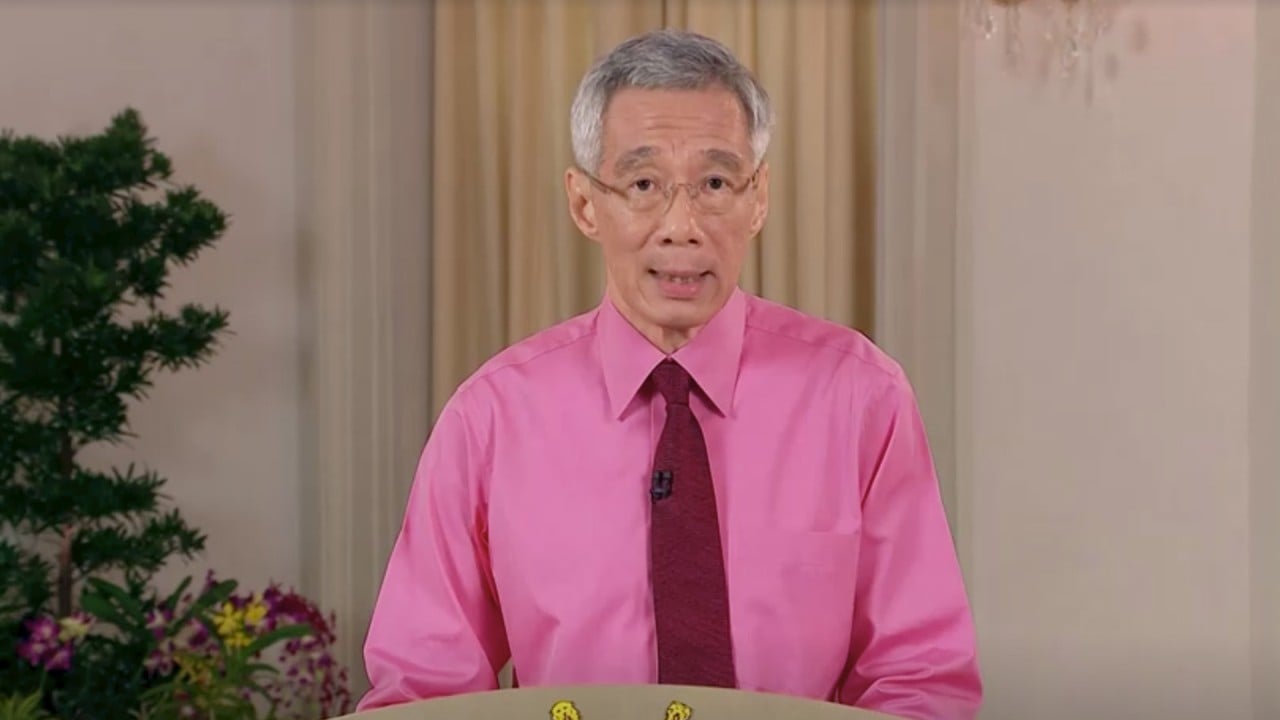
01:15
Singapore to hold general elections on July 10, says PM after Covid-19 lockdown lifts
THE ‘SUICIDE SQUAD’?
In Aljunied GRC, the only group constituency held by the opposition, the PAP is in the unfamiliar position of campaigning for change instead of maintaining the status quo.
The five-seat ward has been held by the Workers’ Party since 2011, when it became the first opposition party to win a GRC. The victory brought about the political retirement of then foreign minister George Yeo – a key lieutenant to Prime Minister Lee.
The PAP’s slate in Aljunied for the July 10 election is helmed by 58-year-old Victor Lye. The fintech executive was in 2015 part of a team that nearly won back the ward, winning 49.04 per cent of the vote share and forcing a late-night recount.
The Workers’ Party was that year mired in legal trouble over its management of municipal funds. This time around, the opposition party is fielding its strongest team in Aljunied.
Incumbent MP Low Thia Khiang – the party’s popular former leader – is retiring from frontline politics along with another lawmaker, Chen Show Mao. The party’s Aljunied slate for the polls includes current chief Pritam Singh, party chairman Sylvia Lim, incumbent MP Muhamad Faisal Manap as well as Perera and Giam – veterans of past battles in the East Coast GRC.
Singapore election: PAP to campaign on bread-and-butter issues, PM Lee says
Lye and his team’s pitch is that the ward urgently needs to be on the “national table” as the country endures its worst economic crisis ever. “We cannot be on the sidelines for another five years. This is a crisis and we need to chart a very special way for Singapore to go forward,” Lye was quoted on Wednesday as saying by news channel CNA.
Alex Yeo, another member of the five-person team, rejected the label of “Suicide Squad” that has been used to describe the team. In the past, the same label had been used on opposition teams sent to contest Prime Minister Lee in Ang Mo Kio.
“We don’t concentrate on labels. Our focus is only on our residents,” Yeo said.
Apart from Aljunied, the Workers’ Party is also the incumbent in the single-seat ward of Hougang. It has held that seat since 1991. For the second consecutive election, the PAP is fielding long-time party activist Lee Hong Chuang in the district. The Workers’ Party is expected to retain the seat.
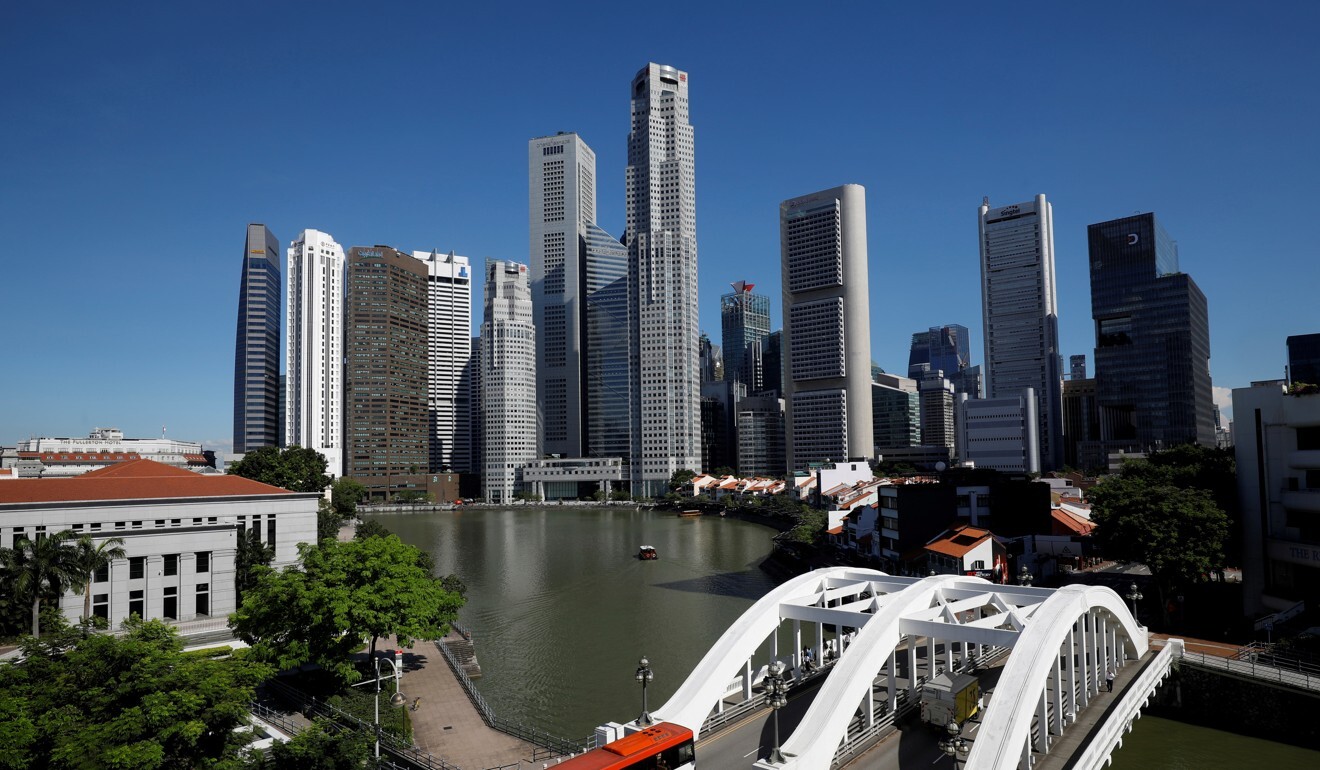
THE OLD WARHORSES
Some of Lee’s oldest lieutenants remain in the fold even as the party begins to prepare for the 4G team to take over.
Senior minister Teo Chee Hean – Lee’s long-time No 2 until Heng’s ascension in 2018 – and ex-finance tsar Tharman Shanmugaratnam, 63, remain front and centre, and are helming their own GRCs.
Gan Kim Yong – the 61-year-old health minister and co-chair of the country’s Covid-19 ministerial task force – and home and law Minister K. Shanmugam are also anchoring group wards.
Bilveer Singh, a political scientist with the National University of Singapore, said these heavyweights remained key to the PAP even as it geared up for the final lap of its transition to leadership under Heng and his contemporaries.
Singh described Teo, 65, as a “steady hand” who could be called in to be prime minister “if anything happened to PM Lee”.
He said Shanmugam, 61, remained the party’s “mallet” to neutralise political threats. The former top litigator, who had taken on many contentious issues on behalf of the government, was “very effective” in that regard, Singh said.



